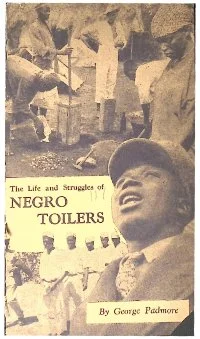The Transatlantic Slave Trade Volume 1 Edited by Robin Law
British Involvement: The British were major participants in the transatlantic slave trade from 1660 to 1807, transporting over 3 million enslaved Africans to the New World
Economic Impact: The slave trade was integral to the British Empire's growth, stimulating shipbuilding, port development, and long-distance trade
Abolition Movement: Despite their involvement in the slave trade, Britain also led the abolitionist movement, culminating in the abolition of the slave trade in 1807 and slavery itself in 1834.
References: The document contains numerous references and excerpts from historical texts and accounts related to the slave trade.
London Pickering & Chatto, 2003, 387 pages





















